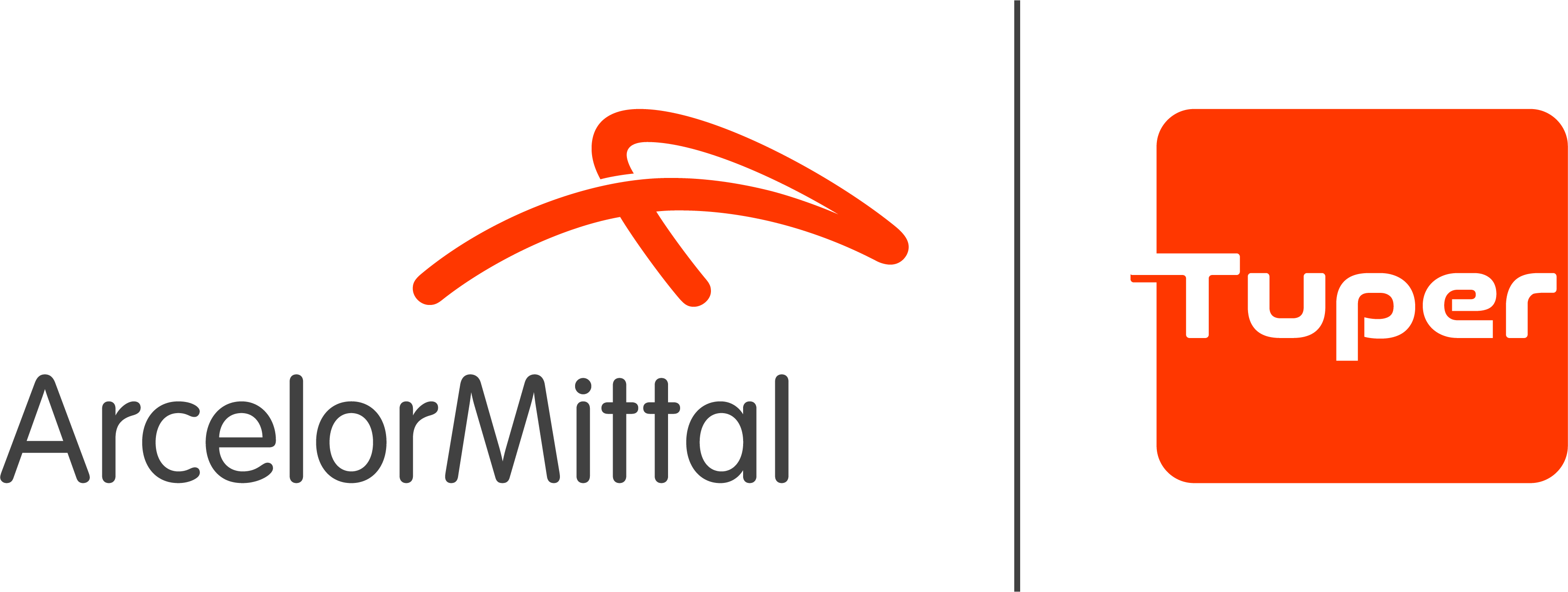Industrial solid waste, in short, refers to waste resulting from industrial activities with characteristics that make common disposal in the public sewage network or conventional urban collection systems unfeasible. The disposal of this type of waste can be carried out in various ways, with the most commonly used methods being recycling, reverse logistics, and landfilling. In general, the disposal of non-recyclable waste through landfilling is done in specific locations known as industrial landfills, built based on environmental engineering technical standards to facilitate the reception and disposal of the material.
However, despite industrial landfilling being legalized and all the protection measures described being adopted to receive and treat the waste, we know that there are processes that allow for greater valorization of industrial waste and, more importantly, reduce the possibility of future environmental liabilities.
Responsibility and environmental concern
At Tuper, the Zero Landfill program was implemented to ensure measures to strengthen recycling within the company and to ensure that all materials can be disposed of correctly. In the factory parks, training is provided to guide employees on how to contribute to selective collection, in addition to the installation and monitoring of collection kits within the factory premises, offices, and external areas.
We have proper waste centers in terms of facilities and physical space to receive waste generated at the units. We work to reduce waste generation at the source and seek partners for the reuse/recycling of all possible waste. Furthermore, we research and invest in other technologies, such as co-processing, to make Zero Landfill a reality,” says Alessandra Brüsky, Health and Environment Supervisor at Tuper.
According to the supervisor, waste that cannot be reused undergoes an operation called blending, where it is completely crushed. The result of this, in the next step, is sent to cement companies, which receive the waste and transform it into energy raw material, meaning it is used in burning instead of other fuels. The ashes generated in the process are incorporated into cement manufacturing, making this waste fully reusable.
There are also organic waste that should be composted, also in collaboration with partner companies.
Alessandra adds that the mission is always to seek better alternatives compared to landfilling, using any type of generated waste as a way to replace resources that may be taken from nature, as in the example of the mentioned burning fuel. According to her, Tuper already had an excellent rate, but with the implementation of new procedures in the Zero Landfill project, it jumped from 96% to 99% waste utilization and should soon reach a total of 100%.
Recognition and trophy
As a recognition, Tuper recently received the Zero Landfill trophy, awarded by Hera Sul, a partner company that receives waste generated by Tuper, which performs the blending process and sends it for co-processing in the cement industry.
It is worth mentioning that Tuper is one of the pioneers in the region to become a Zero Landfill company, and the title is granted when the percentage above 90% is reached. The company is also registered in the Expressão Ecologia awards, which cover the southern regions and the state of São Paulo, with the aim of recognizing sustainability initiatives in various segments of society. The results are expected to be known in the first months of 2023.
Read more about Tuper’s sustainability actions.
About Tuper
With 50 years of experience, Tuper is one of the largest steel processors in Brazil. The company keeps up with market developments, offering a wide range of products that meet the most demanding national and international standards. The product portfolio includes solutions for various sectors, including industrial, automotive, construction, agribusiness, oil and gas, among others. In the construction sector, the company provides tubular piles for rapid connection foundations, structural steel profiles, metal roofing systems, black and galvanized carbon steel pipes for structural and conduit applications, ribbed slabs, scaffolding, props, panels, and slitters.
Learn more about Tuper.


















